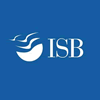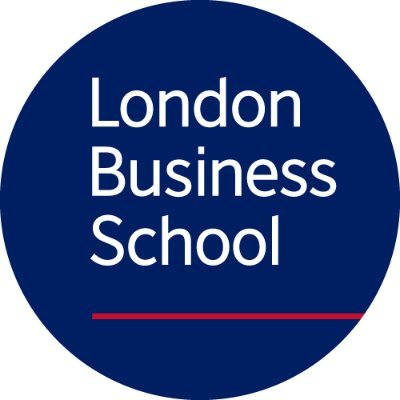|
|
Share
GPA: 8.7
Pre-MBA industry: Consulting
Post-MBA industry: Finance: Venture Capital
9 days ago
9 Nov 2025 03:11
Hi,
I am a Engineering passout from India in 2023, worked in Big4 company as a risk consultant in the FS sector. Led multiple projects globally and have great exposure to FS Risk markets in the Digital and Tech Risk vertical. Post this I am now employed in a fintech startup as a Risk and Compliance Manager, planning to give my GMAT (getting 700ish in mocks) and shortlisting colleges for 2026 intake.
Thanks in advance. Let me know if additional info is needed !
Honestly i dont know which colleges to apply to, these are 3 in top of my list, if there are any others do let me know
I am a Engineering passout from India in 2023, worked in Big4 company as a risk consultant in the FS sector. Led multiple projects globally and have great exposure to FS Risk markets in the Digital and Tech Risk vertical. Post this I am now employed in a fintech startup as a Risk and Compliance Manager, planning to give my GMAT (getting 700ish in mocks) and shortlisting colleges for 2026 intake.
Thanks in advance. Let me know if additional info is needed !
Honestly i dont know which colleges to apply to, these are 3 in top of my list, if there are any others do let me know



Thanks for sharing your profile.
To put it quite honestly, you’re at the lower end of the typical work ex requirement, even though you have a good GPA and work background. At this point, only ISB will be a viable option but any other B-School will require more work ex. Would suggest you wait another year to apply. Till then, scale up the work you’re doing and continue working on global projects (helps a lot at INSEAD).
As for you’re score, you’re on a good track scoring in the 700s. A higher score helps a lot with scholarships as well.
We’d love to offer a free 1-on-1 profile evaluation to discuss how you can build your profile and any other queries you may have.
Feel free to reach out to us at the coordinates below!
Phone/WhatsApp No: +91 88502 49409
Website: https://thembaedge.com/
Warm regards,
The MBA Edge Team
(1) continue with the MBA and strengthen your story by getting deal exposure, startup evaluation, investment thesis work, or fundraising strategy experience over the next 12–18 months,
or (2) consider programmes that are better suited for earlier-career and VC-focused candidates such as the MiM / Masters in Finance / Masters in Financial Analysis at LBS, HEC, ESSEC, ESADE, or INSEAD MIM, where your profile would be very strong and placement into VC/startups is more structured. You don’t have to switch away from the MBA, but if you’re flexible, exploring specialised programs could make the path to VC smoother and reduce the pressure of competing with applicants who have 4–7 years of experience.
If the MBA remains your first choice, the best way to increase your odds over the next year is to build concrete, quantifiable leadership stories at the fintech startup and gain even small exposure to investment / startup evaluation, as these will help you present a clear and credible pivot story to admissions and to VC recruiters post-MBA. Overall, you’re off to a very strong start, you just need to be intentional about either positioning or program choice based on how soon you want to move into VC.